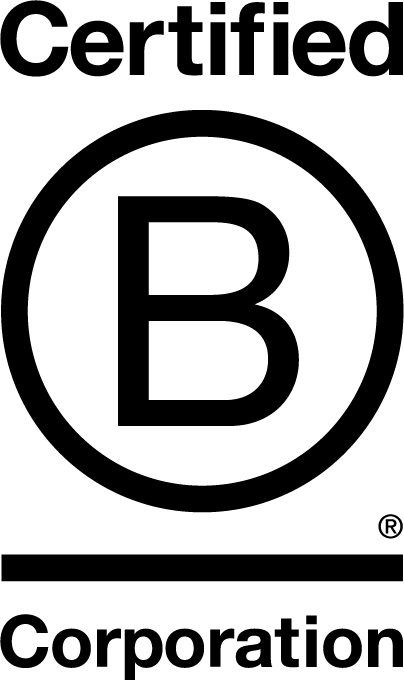Town and parish councils represent the most localised tier of government in England, forming the democratic backbone of countless communities. Often overlooked in discussions of governance, these councils are the closest form of authority to the people, responsible for championing local interests, ensuring the delivery of essential services, and fostering community spirit.
Governance in Town and Parish councils in the UK is guided by a well-defined legal and operational framework, recently updated in the 2025 edition of Local Councils Explained, by the National Association of Local Councils (NALC).
Legal Status
Town and Parish councils are statutory local authorities established under the Local Government Act 1972. They are the first tier of local government and operate independently of district or county councils.
Composition
- Councillors: Elected representatives who make decisions on behalf of the community.
- Chair and Vice-Chair: Elected annually by councillors to lead meetings and represent the council.
- Clerk: The council’s chief executive and responsible financial officer (RFO), ensuring legal compliance and administrative efficiency.
Meetings and Decision Making
Councils must hold regular public meetings, with agendas and minutes published in line with transparency laws. Decisions are made collectively, and voting is typically by show of hands and recorded in the minutes.
Challenges Facing Town and Parish Councils
Town and Parish councils face a range of challenges:
- Funding constraints: Reliance on the precept can limit budgets, especially in areas with low tax bases or significant needs. Other income streams are often minimal and costs spiralling to meet increasing demand, maintenance of the community and advancing technology.
- Volunteer Recruitment: Attracting and retaining dedicated councillors and volunteers can be difficult, particularly in rural or ageing communities.
- Capacity, expertise and regulatory burden: Smaller councils may lack expertise in areas such as law, finance, digital innovation, project management or compliance with ever increasing legal requirements, such as data protection, transparency or the procurement Act 2023.
- Devolution and Re-organisation: The introduction of devolution and reorganisation of two tier councils provides uncertainty and complexity for Town and Parish councils.
- Maintaining relevance: As society and authorities evolve councils must ensure their work and methods preserve the strong community voice, tackling community needs.
Nevertheless, many councils have demonstrated remarkable innovation and resilience, developing new partnerships, embracing digital technology, or finding creative ways to stretch limited resources.
Considerations for Town and Parish councils
Looking ahead, the future of town and parish council governance will be shaped by factors such as:
- The willingness of communities to engage in local democracy
- Digital transformation and new methods of public engagement
- Opportunities for greater financial autonomy and innovative funding
- Expanding partnerships with public, private, and voluntary sectors
- Continued advocacy for the needs of local residents
Support from TIAA Internal Audit
Internal audit can support the internal controls, governance and risk management practices across Town and Parish councils through:
- Strengthening governance and accountability
- Improving financial management
- Enhancing risk management
- Boosting operational efficiency
- Assessing compliance with laws and policies
- Improving community engagement and transparency
- Supporting strategic planning
- Monitoring grants and external funding
Discover more about our Internal Audit Services and our work in the Local Government sector.
Contact us for information.


